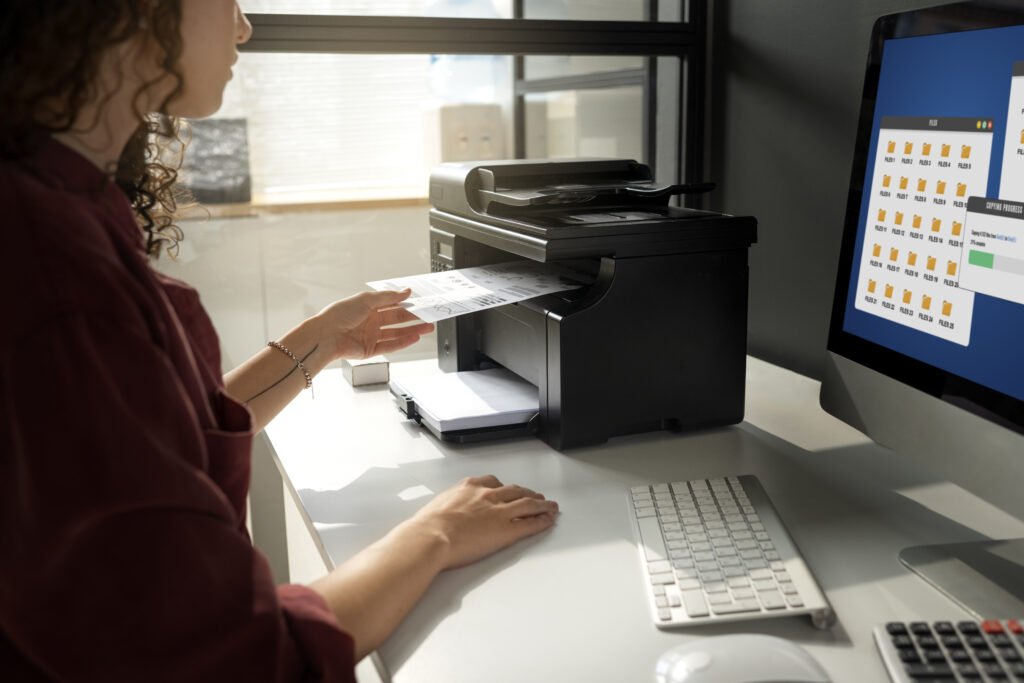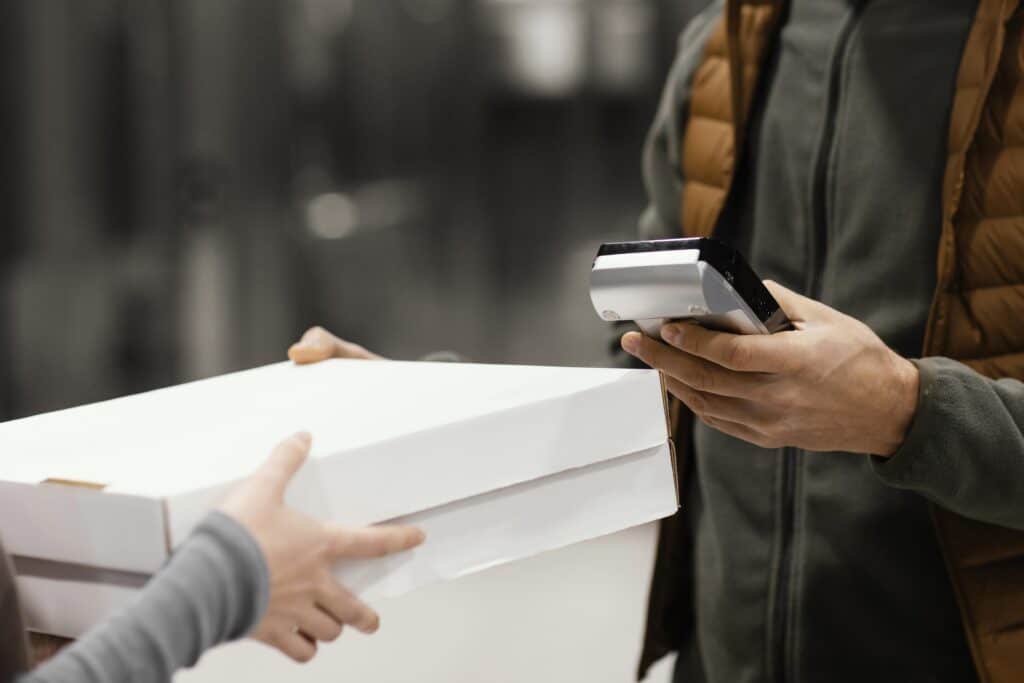The bookselling industry has undergone significant changes in recent years, with the rise of online retailers and e-books threatening the traditional brick-and-mortar bookstore model. However, one way that bookstores can stay competitive and increase efficiency is by implementing a retail POS (point of sale) system. In this blog post, we’ll discuss the benefits of retail POS systems for bookstores, including improved inventory management, increased sales, better customer service, enhanced analytics, and more.
Inventory Management: Real-Time Tracking and Reordering
One of the main benefits of retail POS systems for bookstores is improved inventory management. With a POS system, bookstores can track their inventory levels in real-time, making it easier to reorder products and avoid stockouts. This can not only help to ensure that customers always have access to the books they want, but it can also help to reduce waste and increase profitability.
Increased Sales: Faster Transactions and Improved Efficiency
Another benefit of retail POS systems for bookstores is increased sales. Retail POS systems enable bookstores to process transactions quickly and efficiently, which can lead to increased sales. This can be especially important in busy periods, such as during the holiday season. Additionally, retail POS systems can also help to reduce the risk of errors and increase accuracy, which can lead to increased customer satisfaction.
Better Customer Service: Detailed Customer Information and Purchase History
Retail POS systems can also help bookstores to provide better customer service. POS systems can provide detailed customer information, such as purchase history, which can help bookstore employees to understand customers’ preferences and make personalized recommendations. This can lead to increased customer satisfaction and loyalty, as well as increased sales.
Enhanced Analytics: Sales Reports and Data-Driven Decisions
Retail POS systems can also provide bookstores with enhanced analytics capabilities. POS systems can generate detailed sales reports, which can help bookstore managers to make more informed decisions about inventory, staffing, and marketing. This can help to identify trends and patterns in customer behavior, as well as to measure the effectiveness of different strategies.
Customer Data and Marketing: Identifying Patterns and Improving Strategies
Retail POS systems can also help bookstores to gather customer data and identify patterns in buying habits. This can inform marketing and sales strategies, such as targeting specific customer groups with promotions or creating special events for customers with specific interests. By using this data, bookstores can create a more personalized experience for customers and improve their overall shopping experience.
Conclusion:
In conclusion, retail POS systems can provide a range of benefits for bookstores. From improved inventory management to increased sales and better customer service, retail POS systems can help bookstores to stay competitive in today’s market and increase efficiency. Additionally, enhanced analytics capabilities and access to customer data can help bookstores to make more informed decisions and improve strategies. If you’re a bookstore owner or manager and you haven’t yet implemented a retail POS system, it may be worth considering.







